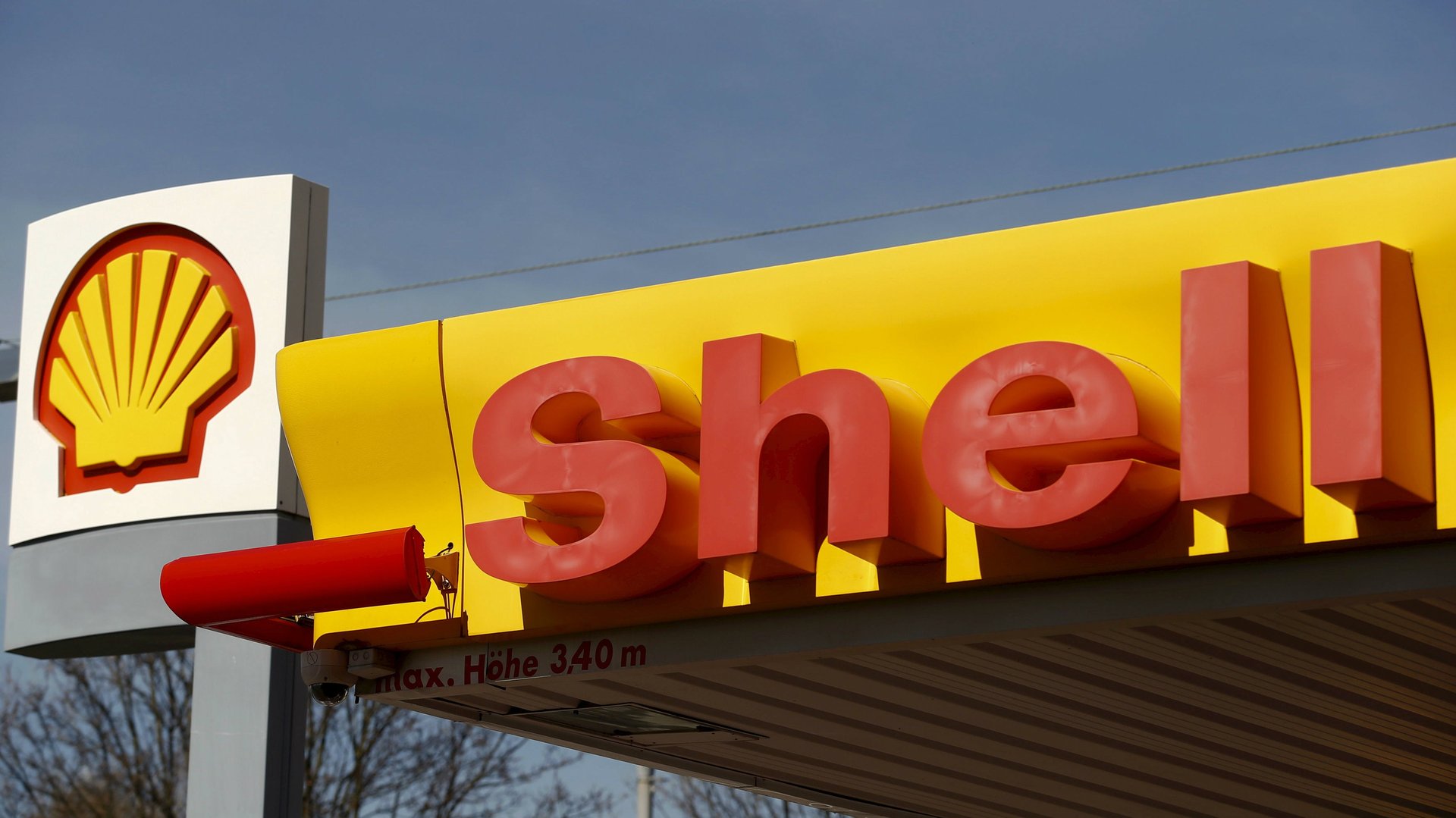By breaking the Iran deal, Trump is alienating the US’s biggest foreign investors
It will be months, or years, before the world feels the full impact of Donald Trump ripping up the Iran nuclear deal. One thing that seems certain: The fraying relationship between the White House and European allies will come under further strain.


It will be months, or years, before the world feels the full impact of Donald Trump ripping up the Iran nuclear deal. One thing that seems certain: The fraying relationship between the White House and European allies will come under further strain.
This could rebound on the US economy. European companies have long been the top investors in the US, and accounted for over 60% of the total foreign investment in recent years. They support 4.1 million US jobs directly, and accounted for $42 billion in spending on research and development in the US in 2014.
Now, some of Europe’s biggest companies are scrambling to figure out the fate billions of dollars in deals made with Iran. Since the Iran agreement was signed in 2015, a host of large European companies have discussed investments, signed agreements, or formed partnerships in Iran, many of them in the oil, gas, automotive, and pharmaceutical sectors.
Many of these companies are also heavily invested in the US, trade in US dollars, and do business with US banks. This means that the US Treasury could impose fines or even freeze their American assets if they continue to do business in Iran when so-called “secondary sanctions” are imposed.
Most global companies have big operations in the US, because US households account for nearly a third of all global consumption. Just a handful of the highest-profile European companies with plans to expand in Iran also employ tens of thousands of Americans in their US operations.
Investment and hiring in the US has become increasingly politicized since Trump was elected. After he pressured CEOs from around the world to invest in the US, many of these same European companies made a point of increasing their US presence.
French carmaker Peugeot has a $430 million deal to produce cars with an Iranian partner; its parent company said in January that it would open a new headquarters in Atlanta as part of a US “comeback.”
German auto giant Daimler has partnered with an Iranian company to sell trucks; Daimler’s Mercedes-Benz division said last September it would invest $1 billion in the US to expand an Alabama plant, hiring 600. It already employs nearly 24,000 in the US.
Danish pharma group Novo Nordisk was an early entrant to Iran, saying in 2016 it would become the first western pharmaceutical company to build a manufacturing plant there. It employs over 6,000 in the US from its Plainsboro, New Jersey headquarters.
None of these companies have said so far that they intend to cut back on US investment or hiring after the US broke the Iran deal. Many are holding out hope—however slim—that they can maintain both their established American business and burgeoning operations in Iran. “The international reach of US sanctions makes the US the economic policeman of the planet, and that is not acceptable,” said France’s finance minster.
At the very least, however, a traditionally reliable group of investors in the US may be less responsive to the wishes of a president whose zero-sum “America First” policies have a large and lasting impact on their operations far from US shores.